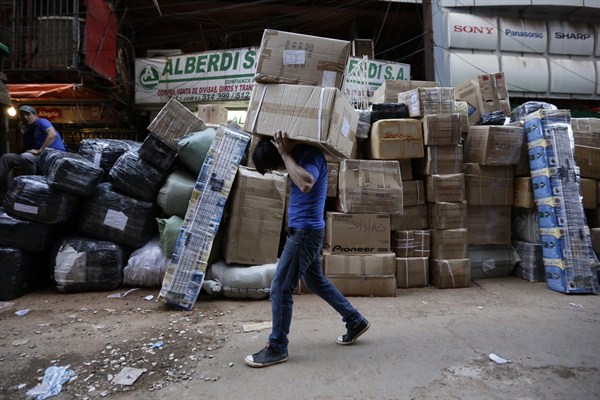On Sept. 15, police in Paraguay seized 650 kilograms of marijuana in Curuguaty, in the country’s southeast region near the border with Brazil. Substantial as this seizure was, it was not in itself a big story in a country where authorities claimed they seized 462 tons of marijuana in 2013. Paraguay is notoriously one of the largest producers of marijuana in Latin America.
According to the United Nations Office on Drugs and Crime (UNODC), Paraguay has in recent years produced approximately half of South America’s marijuana, second only in Latin America to Mexico. The estimated 600 metric tons of marijuana cultivated in 2008—the latest U.N. estimate on record—represented roughly 15 percent of the entire world’s production. Paraguay’s eastern border region, where 75 percent of the country’s marijuana comes from, according to the UNODC, is conveniently located at the border with Brazil and Argentina, two of South America’s largest markets, and is a key hub for the marijuana trade, as well as cocaine trafficking.
Against this backdrop, this month’s marijuana seizure was notable because it shed light on an often neglected, yet pervasive, problem in the region: cigarette smuggling. The seized marijuana was found in boxes reportedly belonging to Tabacalera del Este, Paraguay’s largest manufacturer of cigarettes. The company, commonly known as Tabesa, accounts for over half of Paraguay’s tobacco market. Since its establishment in the 1990s, Tabesa has been owned and operated by Paraguay’s current president, Horacio Cartes, and his family’s business empire. Tabesa is one the region’s few exceptions, along with companies in Uruguay and Bolivia, of a local tobacco business not taken over by multinational companies like British American Tobacco and Philip Morris International, which as of last year owned 51.8 percent and 38.5 percent, respectively, of the cigarette market in Latin America and the Caribbean, according to Euromonitor International.

